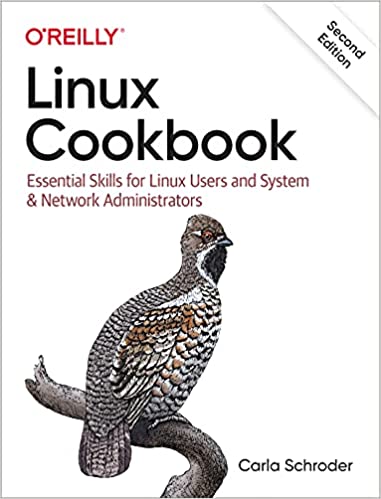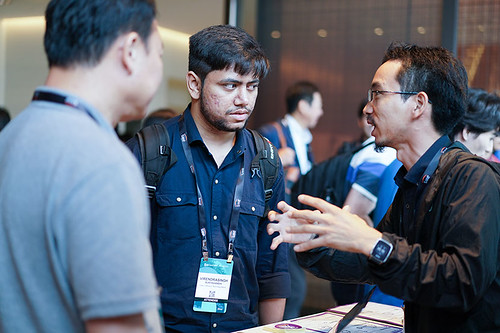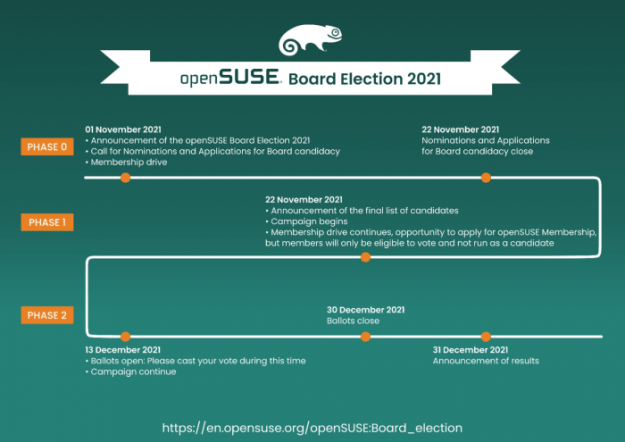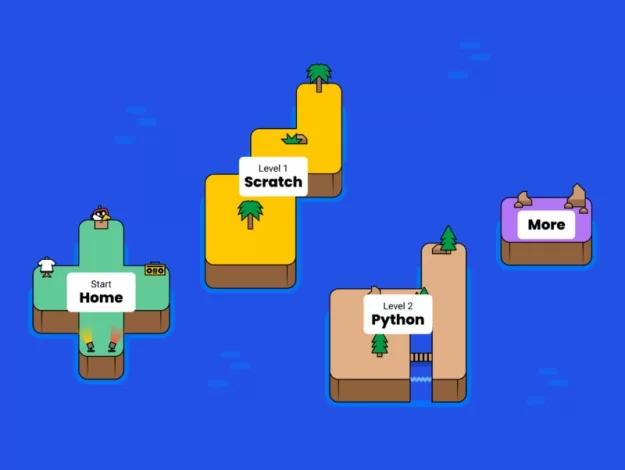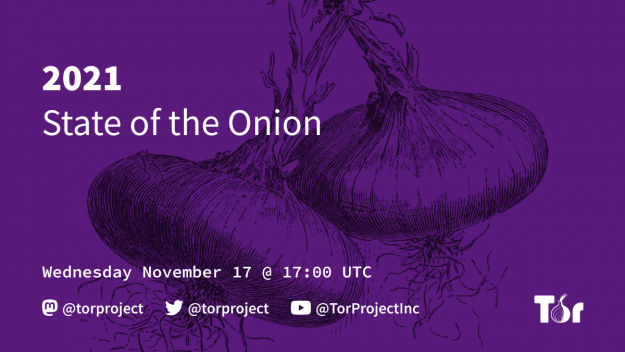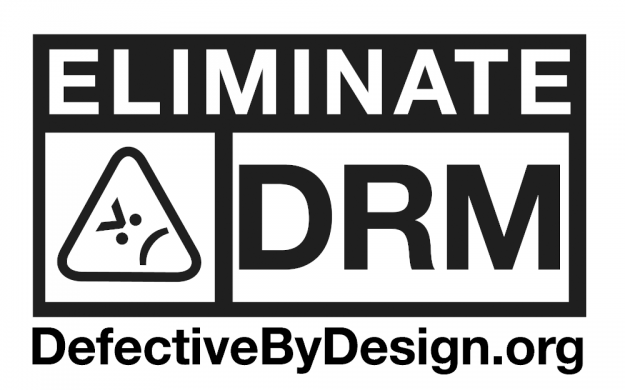The recipes that Carla Shroder shares here only begin to scratch the surface of what's in the Second Edition of her classic guide to Linux.
FOSS Force
Since Open Source Summit Japan will be all virtual again this year, with access available to US audiences, we've made some picks and suggestions.
From October 2013 to October 2016, Starks popular column on FOSS Force captivated our audience with his salt of the earth, workingman's perception on Linux and open source.
The Raspberry Pi Foundations latest project, Code Club World, turns learning to code into fun games and challenges.
"2021 State of the Onion" will be online on November 17 and will be available for viewing on Tor's YouTube, Facebook, and Twitter accounts.
Today’s online Community Planning Day for the event will take place between 2 pm-4 EST pm (11 am-1 pm PST) using the #dbd channel on…
Two new members and two incumbents have been elected to join three continuing members on the Kubernetes Steering Committee.

